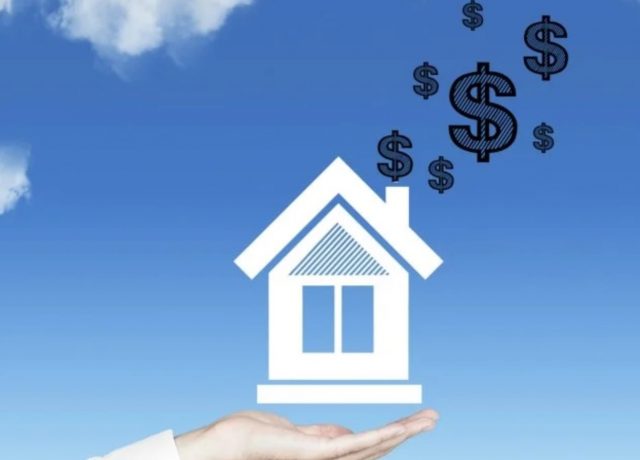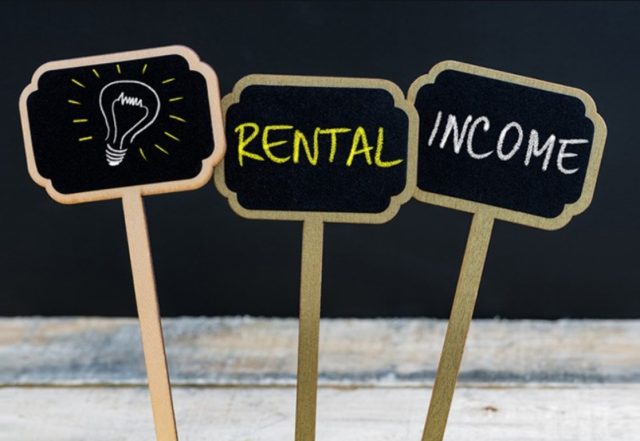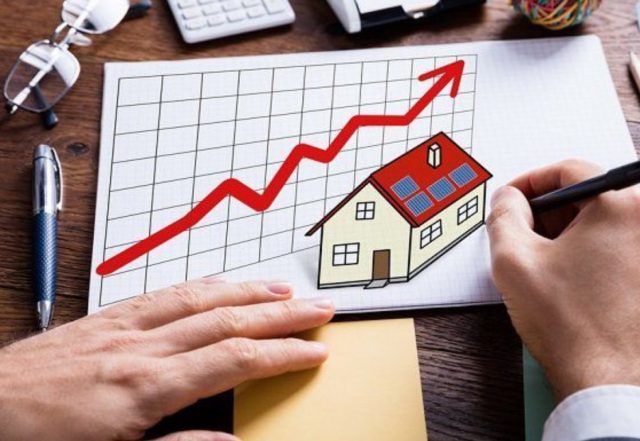
Property investment can be a profitable strategy, both in the short-term and in the long-term, but there are also many ways it can go wrong. With the right investment in a rental property, you could be able to generate a monthly profit of several hundred dollars, all while gradually increasing your equity in the property as its value rises with the neighborhood.
But what exactly makes a rental property profitable? How can you evaluate its long-term prospects to achieve a positive return?

Is Profitability Your Only Goal?
First, take a step back and consider whether profitability is your only goal. Most property investors love the idea of making lots of money, but you’ll also need to consider other variables, like the amount of time required by the property and the ease of managing or selling it.
According to Green Residential, it may be in your best interest to hire a property management company. This will cost you a bit of money each month, potentially damaging your profitability, but in exchange, you’ll practically guarantee fewer and shorter vacancies, and you won’t have to lift a finger to keep the property in good condition; you can trust the property management company to handle everything.
Cash Flow vs. Long-Term Profitability
As suggested by learn.roofstock.com, you should also understand the difference between “profitability” as a short-term measure of cash flow and “profitability” as a long-term metric. You might barely break even each month, on average, but over the long term, your property may triple in price, resulting in an enormous profit when it’s time to sell. Conversely, you may see an incredible amount of monthly cash flow while the price and value of the property remain stagnant.

Neighborhood Quality
One of the biggest variables in your property’s profitability is going to be the quality of the neighborhood. The neighborhood quality will dictate the property’s popularity to some degree; higher-quality neighborhoods will attract better tenants and retain them more consistently, resulting in shorter and fewer vacancies. Additionally, neighborhoods with a strong propensity for future growth will end up increasing in value faster and more consistently over time.
Consider:
- Crime rates. There are many tools that can help you determine the crime rate in a given area. The lower the crime rate and the lower the proportion of violent crimes, the better the neighborhood will be. That will allow you to charge higher rent prices and capitalize on better growth over time (assuming crime rates continue remaining low).
- Schools. You’ll also need to think about the local school district. With good test scores and ratings, a good school system will attract attentive parents and young families to the neighborhood, setting the stage for better long-term growth in the neighborhood as well.
- Amenities and nearby businesses. Amenities like parks can instantly make a neighborhood more attractive to potential tenants. And depending on the demographics you’re targeting, having a property near lots of bars and restaurants can also be a major plus.
- Job availability. Job availability has a direct impact on property profitability; if there are no nearby jobs, you probably won’t attract reliable tenants. Choose properties in areas with a thriving economy and a promising course of growth for the future. It’s also helpful to choose properties with ample transportation options for commuters, such as a location near a highway or a bus stop.
- Other features. There are other features that can make a neighborhood even more attractive (and therefore profitable), such as clean sidewalks and beautiful property exteriors.

Initial Costs
Don’t forget that profitability isn’t just about how much money you make from the property; it’s also about how much you spend on the property. You may find a property with a lot to offer in a great neighborhood, but if the price is too high, it won’t be worth it. Rely on comps to figure out whether a property is truly worth the asking price.
Property Taxes
You’ll also need to think about the property taxes in a given area. Even a small drop in the property tax rate can lead to massive savings each year. This doesn’t mean that you should only consider properties in low-tax areas, but property taxes do need to factor into your decision.

Ongoing Maintenance Needs
As a landlord, you’ll be responsible for keeping the property in good shape. That often means addressing points of damage and wear and tear with regular repairs. For older properties and those that require a lot of ongoing maintenance, this can get costly – and eat into your profitability.
Additional Tips for Estimating Profitability
With so many categories of factors to consider and so many variables to play with, it’s tough to accurately estimate the profitability of a property. Here are some additional tips to make it easier:
- Estimate conservatively when possible. Try to estimate costs to be higher than you actually think they’re going to be. For example, if you think a repair job or renovation is going to cost $250, budget $350 for it. If you come in under budget, you’ll be pleasantly surprised, but if you end up over, you’ll be prepared for it. Similarly, consider estimating your rental income to be lower than your comps would suggest.
- Get multiple opinions/quotes. When investing in repairs, maintenance, or other property needs, make sure you get quotes from multiple professionals. Shopping around can help you find the best deal.
- Consult professionals. If you’re new to the property investment game, don’t try to do everything by yourself. Instead, rely on the guidance and expertise of established professionals. Find a mentor, peers who are also interested in investing, and other authorities on the subject who can help you ballpark costs, brainstorm ideas, and give you a sanity check as you’re considering new approaches.

There are many factors that come together to dictate a property’s overall profitability. The better you learn them, and the more you learn to manipulate them in your favor, the better your property investment strategy will work out.














